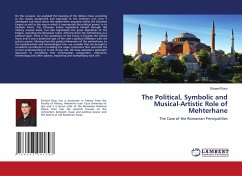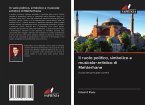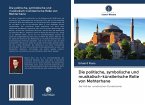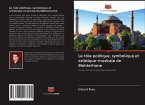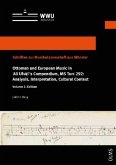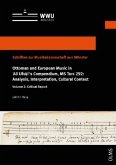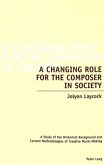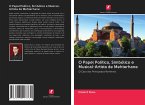On this occasion, we analyzed the meaning of the military music according to the Islamic perspective and especially to the Ottoman one, how it developed and what values the mehterhane acquired within the Ottoman Empire as well as the way in which it represented the political power, in its multiple forms. The Ottoman Sultan legitimized himself through this military musical band, but also legitimized the great dignitaries of the Empire, including the Romanian rulers, offering them the mehterhane as a political value. Once in the possession of the rulers, it became the official music and it was a distinctive sign of the ruler's political affiliation with the sultan's power. Moving from the political dimension of the mehterhane, to the musical-artistic and terminological one, we consider that we brought a consistent contribution in building the major confusions that restricted the correct understanding of it and its key role. We have adopted a systematic approach to everything that encompasses composition, repertoire, terminology and other aspects, explaining and exemplifying each one.

